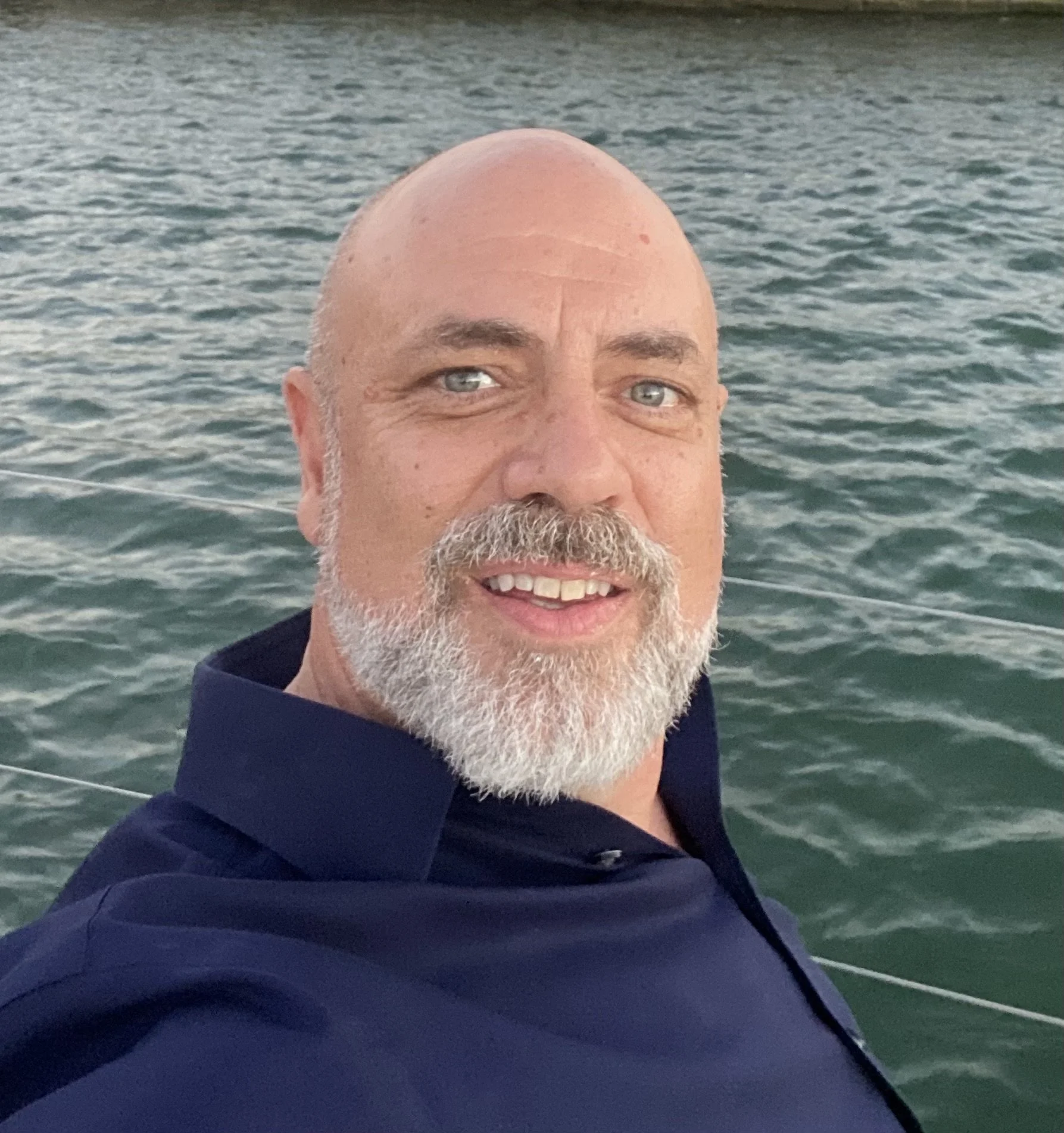I’m curious by nature.
When you commit to living curiously, you increase the odds of adventure, learning, and growth. Some might say this takes courage, but for me, optimism is the ultimate driving force.
Optimism for me isn’t happy-clappy positivity — it’s a survival strategy. As a gay guy growing up in a small town in New Jersey in the not-very-inclusive 1980s, I barely fit in and rarely felt safe. Except in one place: the school art room. Creativity was a sanctuary.
I was curious about how to make things. I questioned systems that made me feel so marginal. I felt a compulsion to create positive impact - initially for my own community, which was under severe threat from a deadly pandemic and societal bias. For us, transformation was literally a matter of life and death.
I spent my early career in New York City, working in both the art world and the film industry. I helped develop the Oscar winning movie Philadelphia - the first Hollywood production about HIV/AIDS. I eventually moved to San Francisco and worked on the world’s first commercial website, and I produced the world’s first video streaming news program. Then I moved to London where I helped introduce the world to the first smartphone for what was then the world’s largest tech company. Later, I launched the first consumer-branded crypto currency. That’s a lot of firsts.
But this isn’t a brag, because first isn’t always best. First is risky. First is also fun. You invent stuff and change the world. You have to think like an artist.
Humans evolved to resist change, and most still do. I try to be grateful for it. I had never flown in an airplane until I was well into my 20s, and still remember wondering if I’d ever see the earth from 30,000 feet. Not too long after, I became responsible for creating a dozen new product launch campaigns a year that had to be adapted on every continent, across every region on earth. This meant living in perpetual jet lag. One week, I circumnavigated the globe in 4 days and I saw for myself how small it really is.
Leading internationally from global headquarters means means you have to enjoy the art of power-sharing. I think that politicians in divided societies could learn a lot from global corporations.
That’s why I wrote a book about business as a force for good, several years before before the concept went mainstream, entitled The Conscience Economy. I’ve given keynote speeches about disruption and possibility to executives, creative professionals and business students around the world.
My team and clients have driven double digit revenue growth, and won major peer awards. My approach is even being taught in a best-selling Harvard Business School case study. It’s about how we turned around the Kodak brand and returned the left-for-dead analog film business to profitability.
Still, I’ve made more mistakes than I can write about here (maybe that’s the next book.) Back in the early days at Wired magazine, we used to say, “if you’re not failing A LOT, you’re not trying hard enough.” I’ve learned to lean in to failure, even if it hurts. Taking on the toughest challenges means seeking the next battle scars.
Experience is the only real way to learn. I know what it feels like to not be included, to be confronted with identity bias. I also know what it feels like to bear great responsibility at the top. I’ve been an artist, an activist, an entrepreneur, and a board-level corporate leader. I have a wealth of experience to share.
In French there is a word that I love: “epanoissement.” It doesn’t translate directly into English, but it implies a blossoming, a natural expansion, a flourishing. There is no greater joy in life than helping others expand and flourish in their work, life and vocation.
